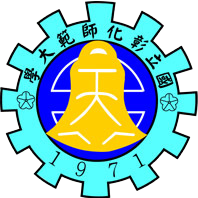SDG6.5.3 Off-campus water conservation support Year: 2019 or 2020
NCUE has established a dedicated organisation to assist in guiding industries, local residents, and relevant stakeholders in Central Taiwan on strategies and methods for water conservation. This ensures that our students, staff, and local residents obtain knowledge related to sustainable water resources management and that local industries improve their water utilisation efficiency, which fosters a sustainable supply and the recycling of fresh water.
1. Administrative organisation:
1.1 Established the Research Centre for Spatial Information and Disaster Prevention in Society:
Natural disasters are frequent in Taiwan. To minimise their impacts, the plan is to improve the effectiveness of disaster management and governance through geographic knowledge and the data provided by geographic information science, technologies, and knowledge management. The goals of water saving and conservation are further achieved through the planning and implementation of disaster prevention, mitigation, and relief.
Website: https://geo3w.ncue.edu.tw/rcgdp/
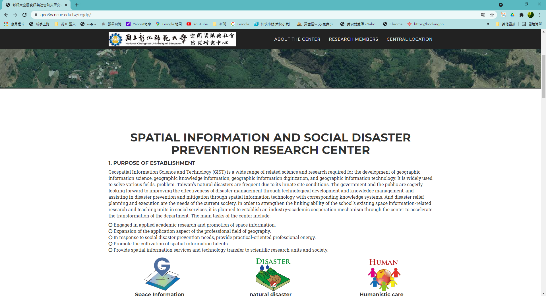
1.2 Established the Innovation and Incubation Centre:
NCUE has established the Innovation and Incubation Centre to effectively connect with local industries and to advise and improve the local plumbing hardware and other traditional industries, thereby achieving the goals of water saving and conservation. These goals are also realised through active contacts with local industries and by counselling and participating in the SBIR plan.
Website: https://www.sbir.org.tw/
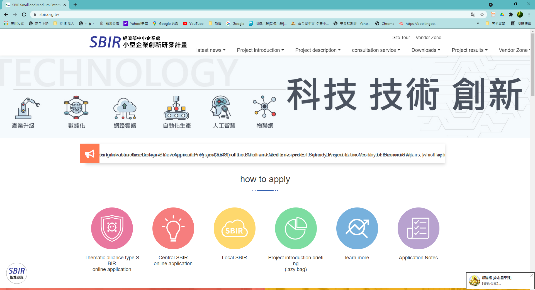
1.3 Established the Environmental Education Centre:
We have established the Environmental Education Centre to raise awareness of the environment among the various sectors in the local community. The centre actively conducts various external forms of environmental education, of which education on hydrology constitutes an important component. The concepts of water saving and conservation are conveyed to the local community through education on the humanities and water resources, to achieve the goal of water resources sustainability.
Website: https://environment.ncue.edu.tw/p/405-1025-2337,c920.php?Lang=zh-tw
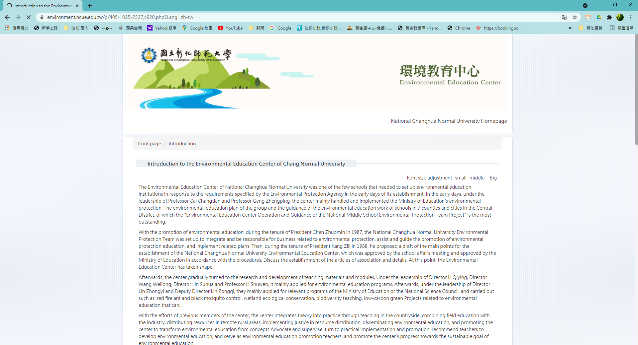
2. Research:
2.1 Faculty appointment:
Our Department of Geography hires faculty members who are experts in environmental and ecological conservation and who specialise in hydrology to enhance its research capacity in hydrology. Education in hydrology and ecology serves as the starting point for realising the goals of disaster prevention and mitigation, as well as water saving and conservation.
2.2 At the national level:
In 2019, NCUE participated in the ‘Investigation and Analysis of the Potential Impacts of Precipitation-induced Landslide Disasters in the Laonung River Basin’ project organised by the Taiwan Forestry Research Institute under the Council of Agriculture, Executive Yuan. Our research expertise was used to assist in the disaster prevention and mitigation goals at the national level. This in turn contributes towards the ultimate goals of water saving and conservation, thereby assisting Taiwan in its sustainable water resources management and development.
3 Industrial cooperation:
3.1 Cooperation with local industries:
Our Innovation and Incubation Centre actively cooperates with local industries, especially the plumbing hardware industry, which has shown excellent development potential. We advise and assist local industries in their transformation, technological upgrades, and improvements to production processes, thereby contributing to the ultimate goal of recycling water resources.
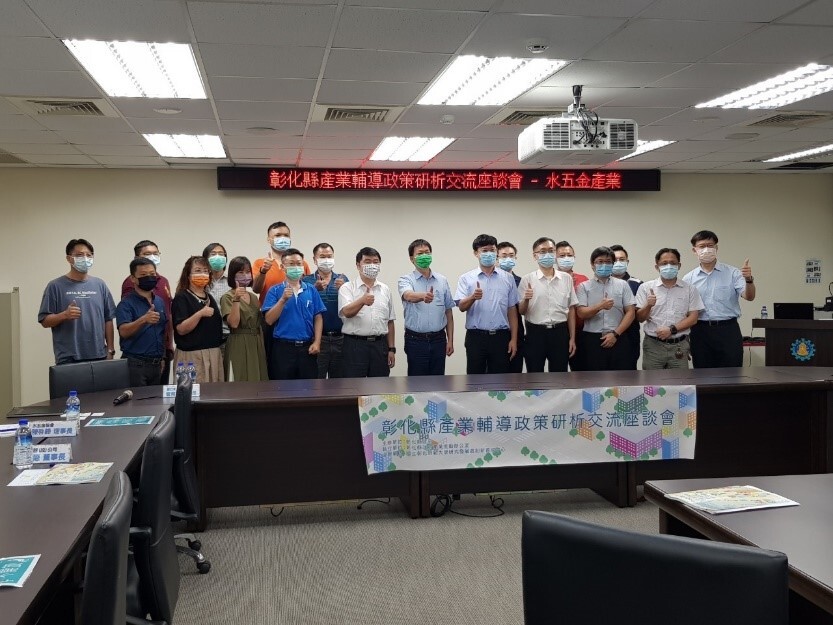
Group photograph of ‘Symposium and Exchange on Industrial Advice, and Policy Research and Analysis: Plumbing Hardware Industry of Changhua County’
3.2 Cooperation with the other industries:
For example, the Technical and Vocational Education Centre specialises in assisting local industries with their development and the planning of practical and feasible goals that are in line with national policies and directions for local development. Governmental, academic, and corporate resources are integrated to provide research and development as well as technical assistance to industry. Cooperation between the Technical and Vocational Education Centre and related industries has led to various outcomes, including the application of healthy highly-oxygenated drinking water and highly-oxygenated water in aesthetic medicine. This enables innovative technologies and concepts to be introduced into the medical aesthetics industry.
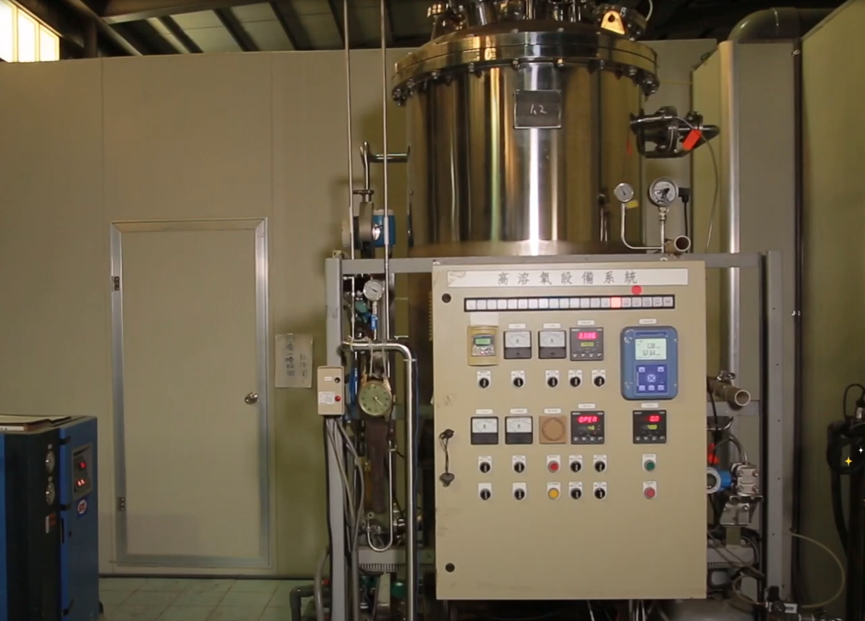
Patented high-dissolved oxygen equipment system: Technologies including high-speed cutting of water and high-pressure oxygen dissolution cause oxygen to dissolve in water
4. Educational promotion:
In addition to the Environmental Education Centre and Research Centre for Spatial Information and Disaster Prevention in Society, which are officially organised by NCUE and engage in full-time educational promotion, we also undertake industry–academic cooperation. For example, the Department of Electrical Engineering, College of Engineering, and Ping He Elementary School collaborated in experiential activities related to learning about renewable energy. Through such activities, the concepts of renewable energy, environmental protection, energy conservation, carbon emissions reduction, and water conservation are incorporated into daily education.
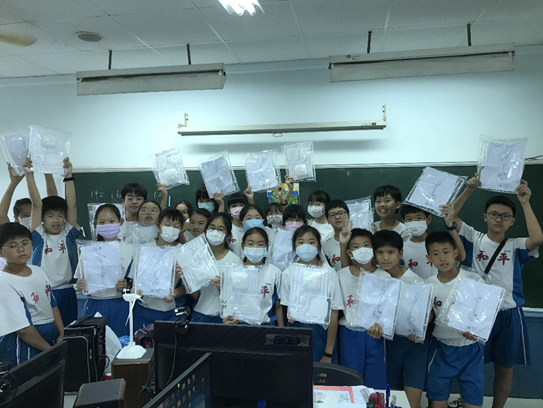
Experiential activities related to renewable energy jointly organised by NCUE’s Department of Electrical Engineering and Ping He Elementary School
